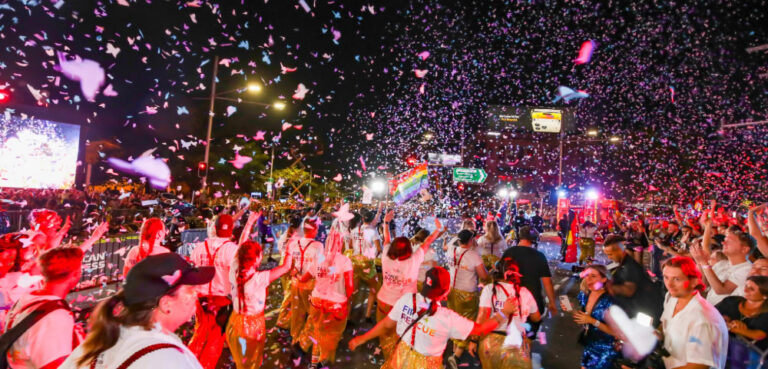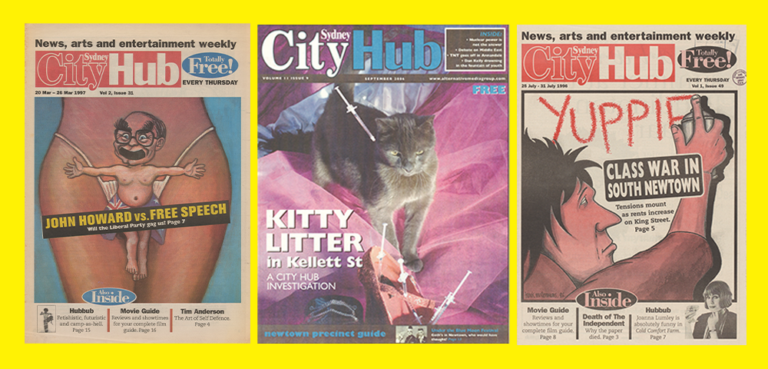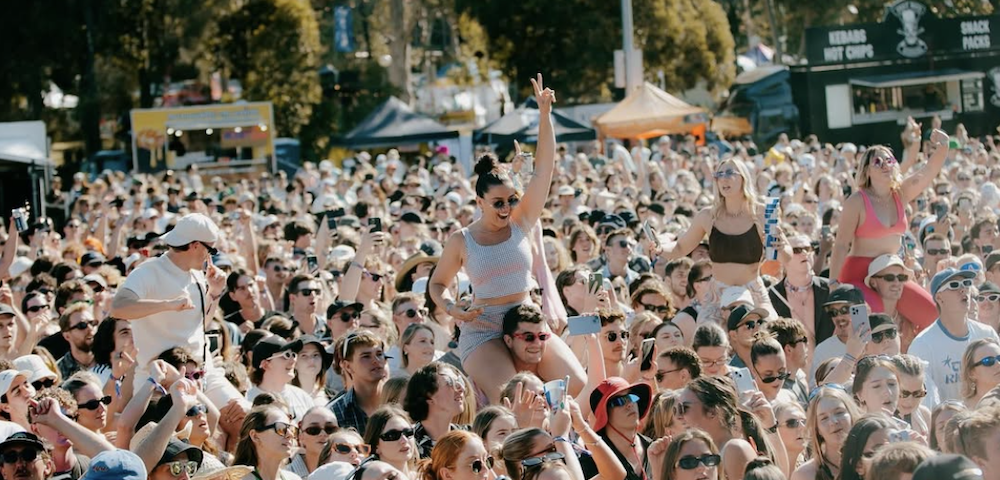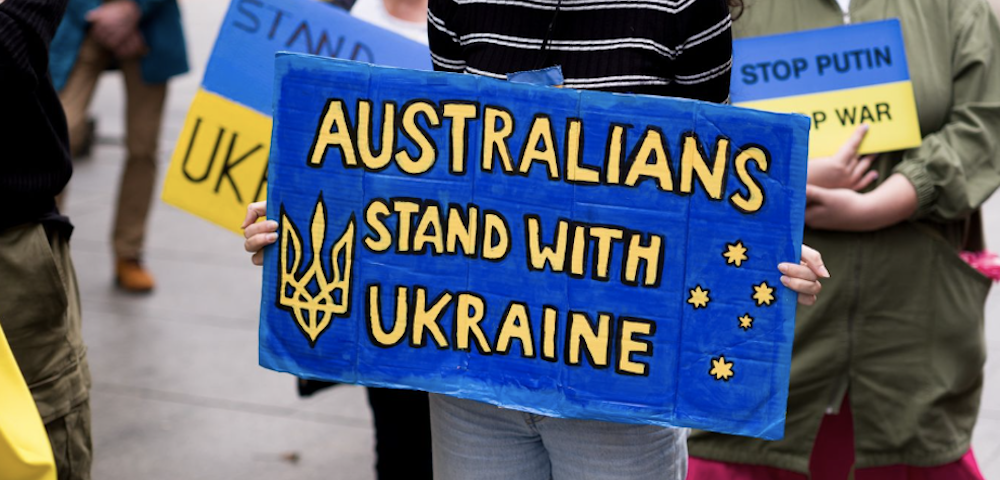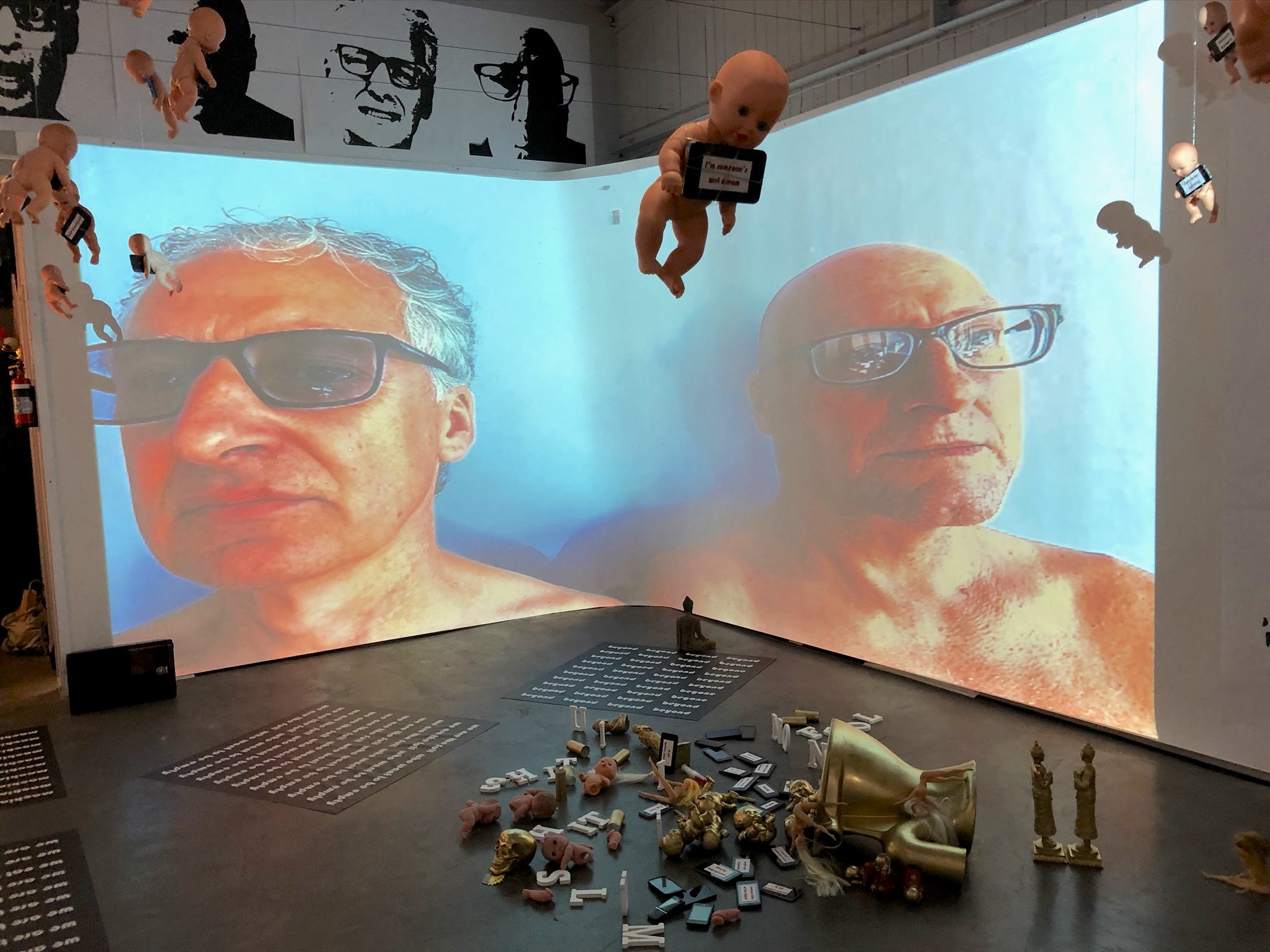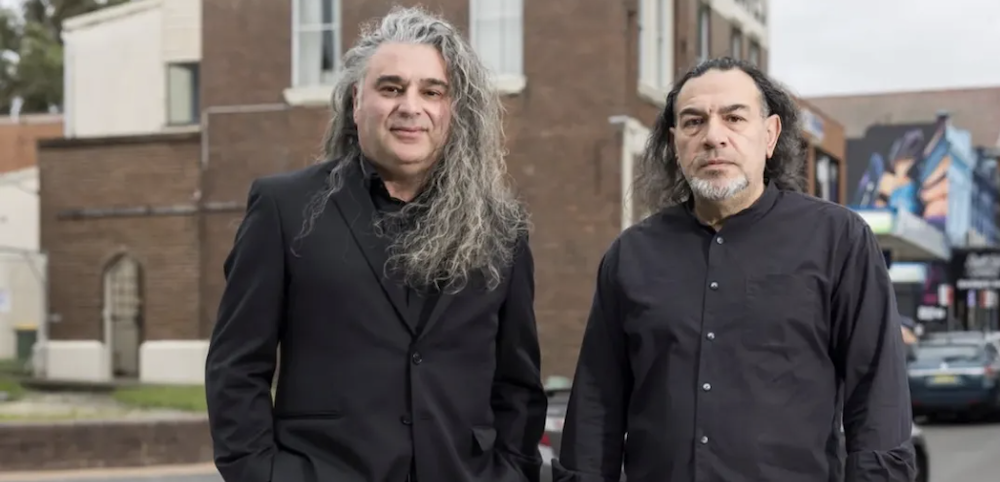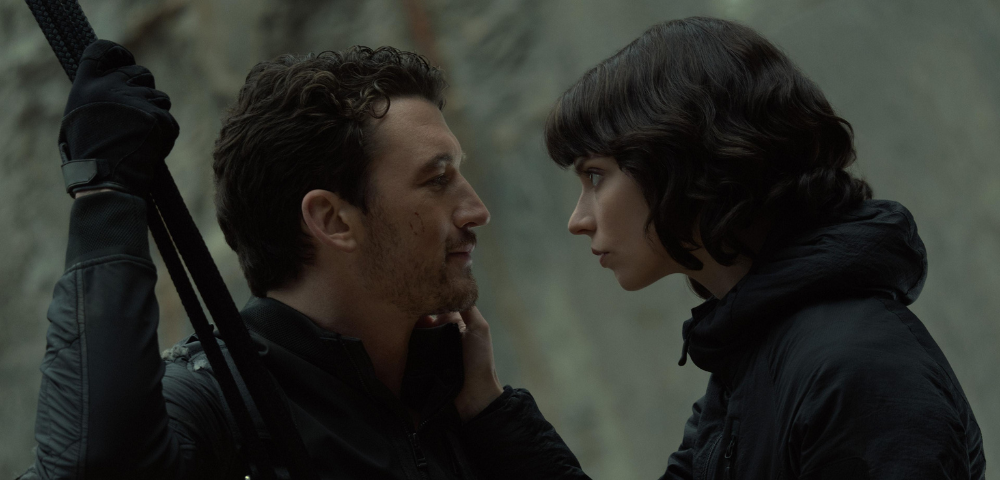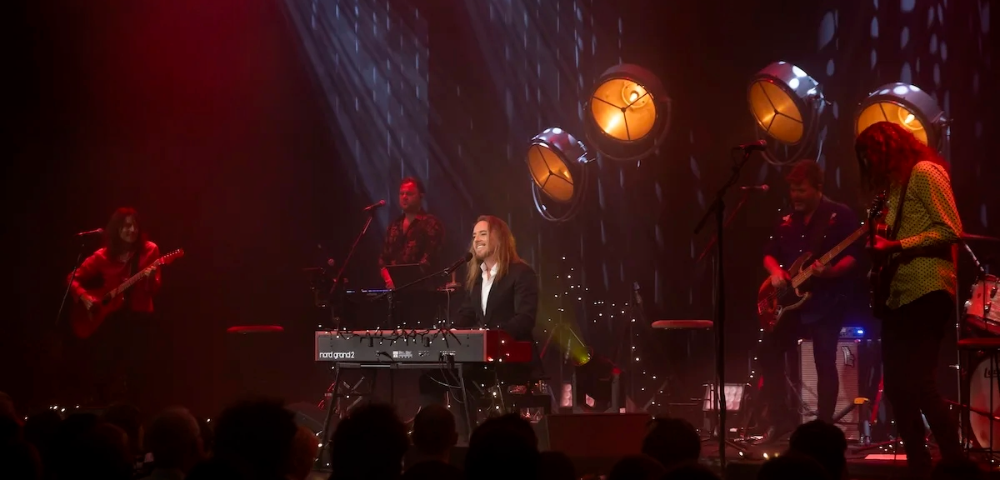
‘The Hardest Line’ — the Midnight Oil story
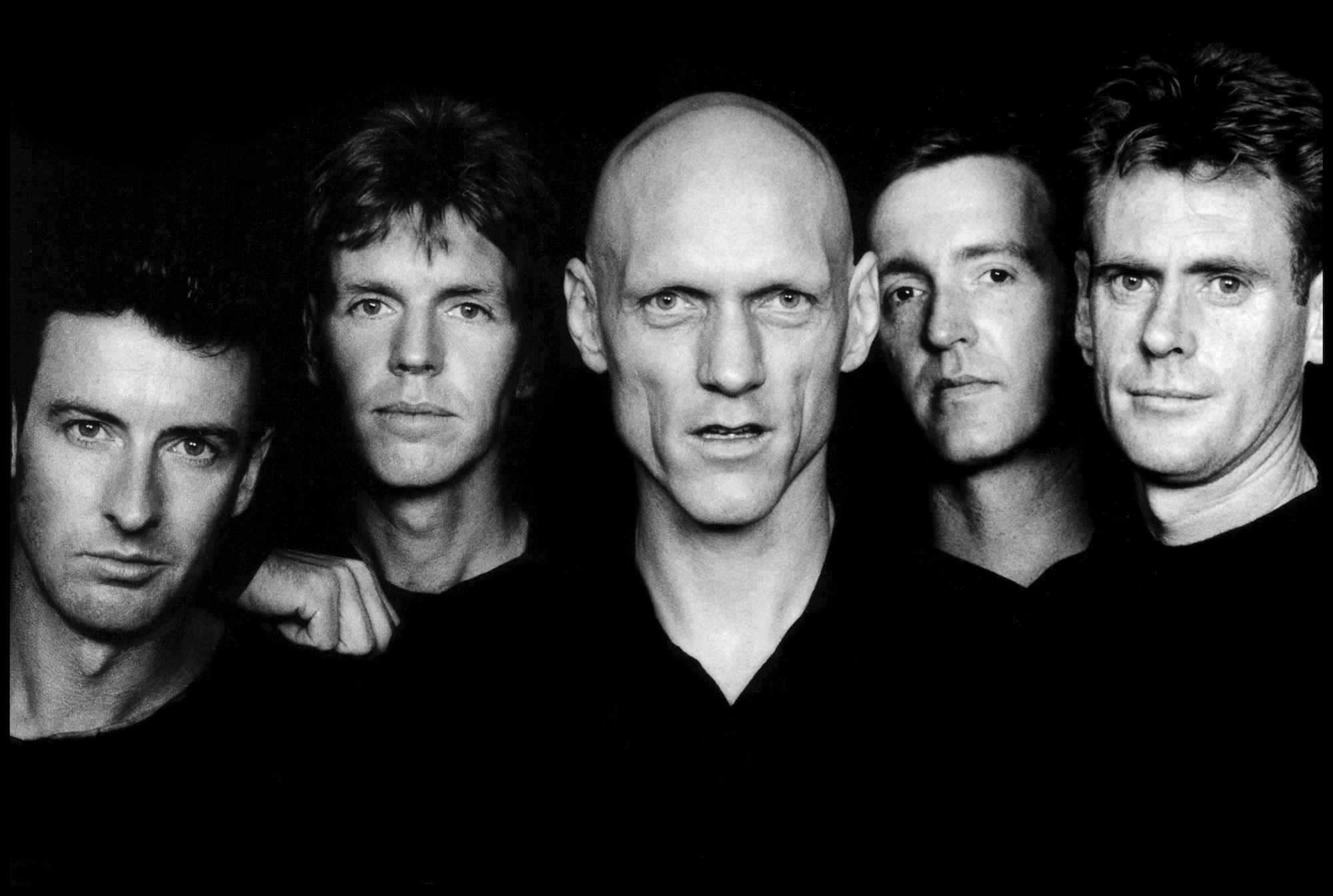
At first known to hardcore fans for their incendiary performances, after a few short years, Midnight Oil became equally as recognised for their memorable lyrics that embraced their passionate approach to injustice and activism that both charted societal ills and changed them.
Midnight Oil: The Hardest Line is a deep dive film that covers the band’s 45-year career, following them from their rise from the Royal Antler stage at suburban Narrabeen to their ascendancy onto world stages and chart success.
“With our manager, Gary, how we went through our entire career is not something I could sum up with words, but this is the Midnight Oil story and it is comprehensive and we we are all in it,” Jim Moginie, guitarist, said.
“There is some unusual footage that people haven’t seen (and) there is a lot of our home movies, and that will be pretty wild.”
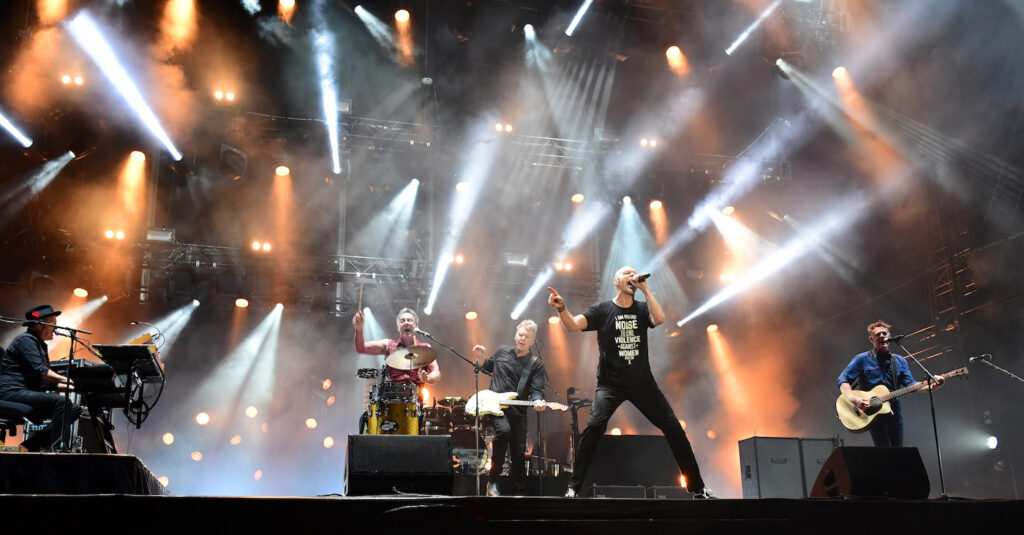
Getting The Hardest Line to open the Sydney Film Festival has been a seven year journey for executive producers Mikael Borglund, Martin Fabinyi (Beyond Entertainment) and director/executive/writer producer Paul Clarke (BlinkTV) as over that time they had to contend with the band pondering their future and then embarking on an extended world tour and recording.
“Midnight Oil took quite a while to come on board but they finally got there,” Martin Fabinyi said.
“About seven years ago Paul (Clarke) and I and producer Carolina Sorenson did a short film called Backburning with them, and that cemented our relationship and that became the basis of the documentary.”
Backburning sees the band convene in the Australian Red Heart after a 15-year hiatus brought about by singer Peter Garrett’s decision to become a member of federal parliament, and provides a unique insight into the band’s dynamics and decision making process.
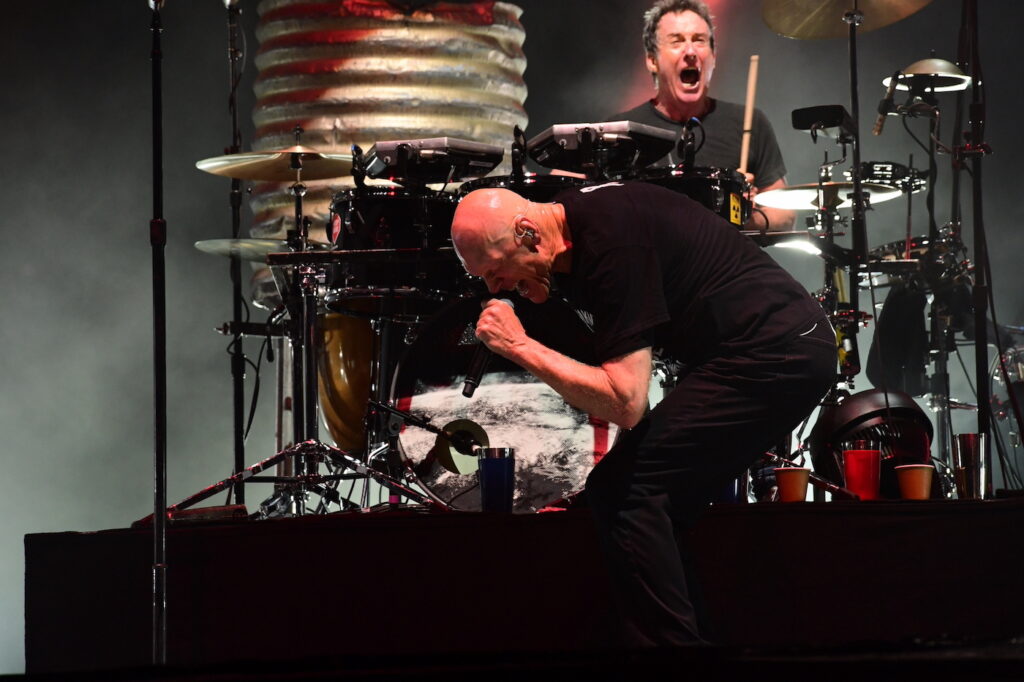
“We first approached John Watson (Oils manager) in 2016 and had to convince him about a feature documentary, and they weren’t touring at that time,” Mikael Borglund said.
“At the time music documentaries didn’t have the profile of success that they subsequently had.
“It was not a genre that was in the mainstream until Jimmy Barnes did Working Class Boy, and then there was Mystify and that started a groundswell of a lot of music documentaries.”
It is partly due to the team of executive producers, the producer and director having worked on Backburning, that the trust was built up and the chase was now on for the considerable funding required for the documentary.
“It was a juggling act as we had to keep the fees and the stakeholders involved, but also Roadshow and the ABC, who are partners,” Fabinyi said.
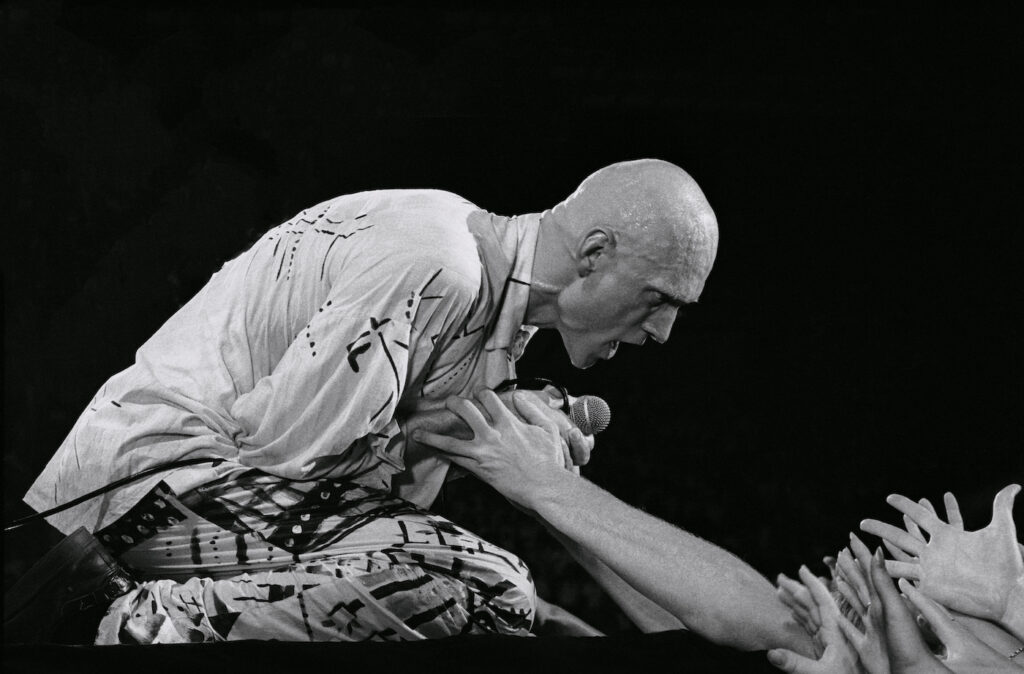
“For something that takes this long you need to make sure that you have the financial backing to follow the process through,” Borglund said.
“Because we (Beyond) are one of the larger production companies, we can do that.”
Even after the green light was lit, the way forward was interrupted, as director Paul Clarke’s production company, BlinkTV, also produces the Eurovision Song Contest for SBS each year.
Clarke also had to contend with acquiring and clearing the rights to a massive amount of archival footage spanning the band’s long career.
“You need to set the premise of the film up and let the archive do its work,” Clarke said.
“The process of film rights on this film are enormous and the producers and the archivists’ jobs are incredibly detailed and you are dealing with a variety of people and institutions who own the material.
“This could be a photographer who was at the Royal Antler in 1975, or the National Film and Sound Archive, Channel 7 or the ABC.”
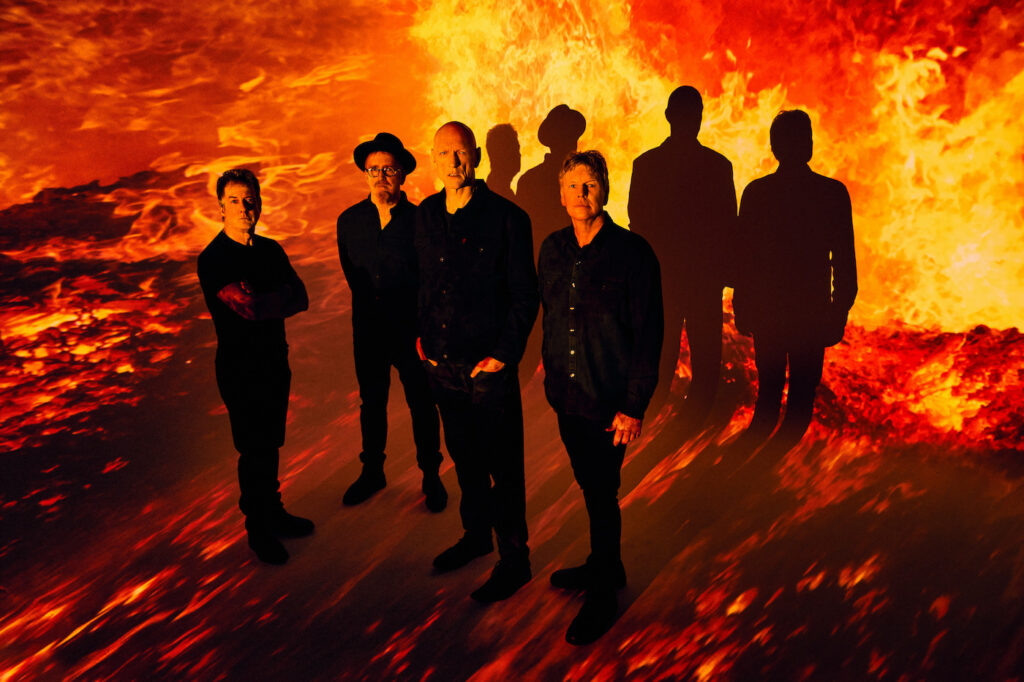
Clarke also had to find a creative solution when the band decided that rather than have wall to wall interviews it was going to be about what its was always about: the music.
“In this film it was a little more difficult as the band members did not want to pursue a personal line as they all wanted it to be about Midnight Oil as a concept, a machine and a collective,” Clarke said.
“What you have to do is to define people with brush strokes and move on quickly.”
Another stumble on the road to the Sydney Film Festival came in 2020 on the eve of the release of the album The Makarrata Project, the Oils first new music in nearly 20 years, when bassist Bones Hillman succumbed to cancer.
In the end, as always with the Oils, it is their live performances that are the defining moments in their history, and The Hardest Line is almost overwhelming with the number of songs included and the visceral power of the performances captured across their long career, which Clarke says has its origins in the Ozzie Pub Rock scene of the early eighties.
“Peter is a fascinating person and so smart, and I think that in the pub rock era the right wing governments were blaming young people for the difficult state of economic affairs, and you had the words ‘dole bludger’ being used,” Clarke said.
“We argue in the film that pub rock was a reaction to the term ‘dole-bludger’ being used and what Peter said between songs mattered as much to his audiences.
“There was the primal power from Rob Hirst and the guitarists and Peter surfed the sound in between songs and the film charts his development out of the musical realm and into another one.”
For Midnight Oil guitarist Jim Moginie the footage has brought back many old memories.
“You couldn’t tell the audience from the band,” Moginie said.
“We were all involved in the Northern beaches culture and singing about that and people could relate to being on the dole and ‘we’re not going to stand in line’ and about government interference.
“The whole anti-authoritarian things really started there and we were singing about it.”
That’s Midnight Oil, standing up to be counted right to the end and giving the powers that be The Hardest Line.
